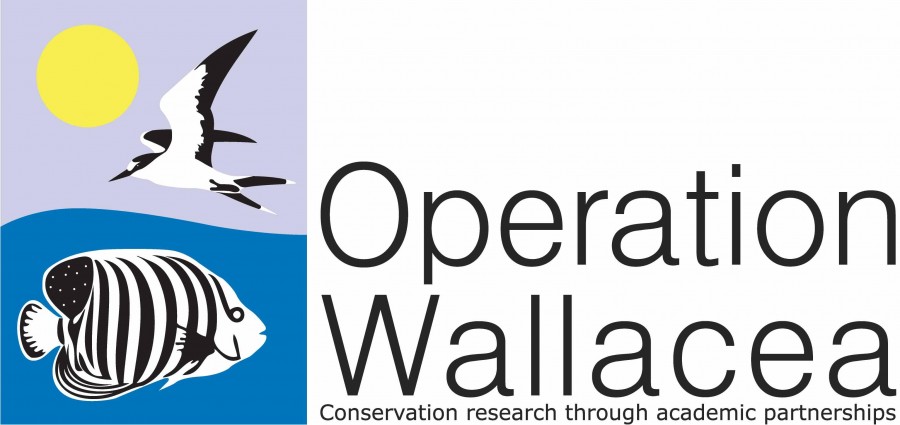High School students all over the world have been given the opportunity of a lifetime to join with Operation Wallacea to catalog and help keystone and endangered species, as well as to come up with new and innovative way to eradicate invasive species, and students could even discover a new species altogether.
What is Operation Wallacea?
Operation Wallacea is an organization that runs a series of conservation and biological research and management programs housed in bases all around the world. The expeditions offered are geared towards a specific goal specialized for the area. These missions range from identifying areas that need protection to coming up with new ideas for conservations programs. Teams of world renowned ecologists and scientists, who are specialists in their field of study team up with students in order to give opportunities for a wide range of projects. Operation Wallacea has advertised that these missions have resulted in 30 vertebrate species being discovered and 4 extinct species being rediscovered.
College Credits
Students may receive 2-3 college course credits for their participation in the program, granted by the University of Florida.
What Will You Be Doing?
The mission is a two week long journey and the specifics depend on the location. For every mission, one week is on land, and one week is on the water. Many organize what is called a “school expedition” which is brought together by teachers from your specific school so that you may be surrounded by familiar faces while in the wild. For fundraising options, speak with Mr. Eric Hoblitzell in room 2305.
Available Locations:
- China
- Cuba
- Dominica
- Ecuador & the Galapagos
- France & Italy
- Greece
- Guyana
- Honduras
- Indonesia
- Madagascar
- Mexico
- Peru
- South Africa
- Tanzania
- Transylvania
North students are planning on coming together to organize a class expedition to go to the Dominica base. Forests cover much of the island; steep forested cliffs rise straight out of the sea slopes leading into deep canyons with huge waterfalls have made use of forest clearance methods impossible in Dominica and thereby protected the wooded areas and the species that live within. The students spend their first week in the Clemson University rainforest research center and will be on site with an international team of scientists and ecologists who are collecting data on biodiversity of key animals such as a variety of birds, bats, various invertebrate groups, and freshwater fish. They will also be examining the impact of invasive species, such as the Puerto Rican anole that has invaded the island and spread rapidly. The second week, students will be staying in a student accommodation center on the north side of the island. Students will be completing an open water dive training course or a Caribbean reef ecology course, which consists of two lectures and two in-water activities each day. In addition they will learn about the whale research taking place just off the coast, as well as possibly seeing Sperm Whales and other marine mammals.
For more information visit Operation Wallacea’s website.

